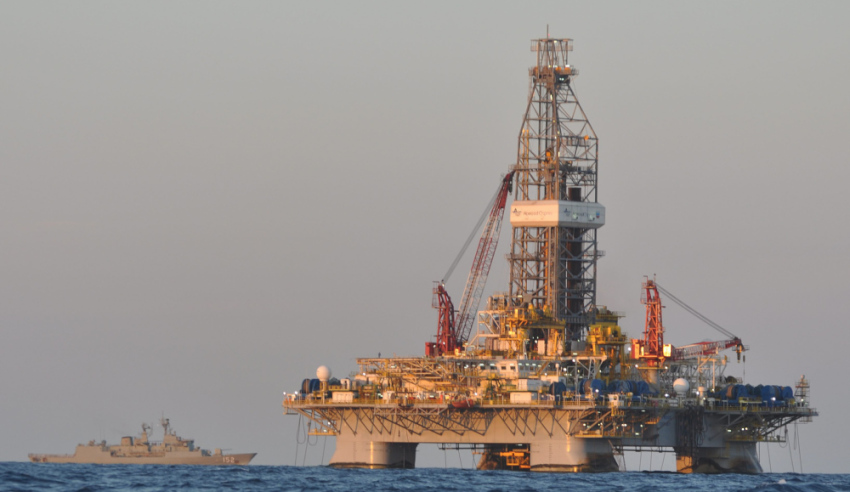As bidders for Australia’s SEA 5000 and SEA 1180 projects wrap up their industry briefings across the country, one state is backing its engineering capabilities to bolster the supply chain for Defence projects.
While Western Australia already offers ample know-how across the defence industry, the state's resource sector has the opportunity to enhance Australia's sovereign defence capabilities, according to spokesman for WA's Henderson Alliance Darryl Hockey.
"The finesse required to create integrated major oil and gas platforms, complex processing facilities and associated undersea metrology is extraordinary – and the intricate engineering precision is readily transferable and directly beneficial to the defence sector," said Hockey.
"In mining, there are WA firms with detailed experience in extractive metallurgy systems – having engineered machinery to undertake automated crushing and separation, ore leaching and hydrometallurgical processes – as well as highly specialised technical equipment such as counterflow centrifugal elutriation, pulsating fluidised beds, bowl concentrators, and chemical, electrostatic and magnetic separators. As such, the technical expertise in WA is at an extraordinary level – not only from SMEs currently engaged in navy acquisition and sustainment but also from other diverse industry sectors – so there is an excellent opportunity to capture this engineering proficiency.
"The added advantage of industry diversity is that sophisticated technical skills and enhanced technology will be transferred to the benefit of defence, helping to entrench and further develop Australia’s sovereign capabilities."
Hockey added engaging with these businesses with interests outside the defence sector gives better assurance to the primes competing for the multibillion-dollar contracts.
"Primes can be understandably cautious about engaging Australian supply chain partners who are solely specialised or wholly reliant upon the defence industry," explained Hockey.
"Given the inherent ebbs and flows of defence work, a local partner with a diversified portfolio of industry sectors will help to significantly mitigate counterparty risks such as commercial failure.
"Nevertheless, many WA businesses which have the capacity to make a significant contribution to defence are still unaware of the synergies and associated opportunities. As such, there is a need to market and actively recruit participants to encourage them to make the transition."
And as decisions on contracts and supply chains edge closer to completion, WA is not slowing down in its advocacy of its abilities.
"The existing WA standards of engineering and services are possibly the highest in Australia – all that is required is some extra defence-related administrative skills and processes to be put in place," Hockey said.
"The alliance is a group of volunteers and we don’t apologise for advocating for better WA economic outcomes or openly promoting our SME capabilities – we’re not standing back and waiting for the world to come to us."



